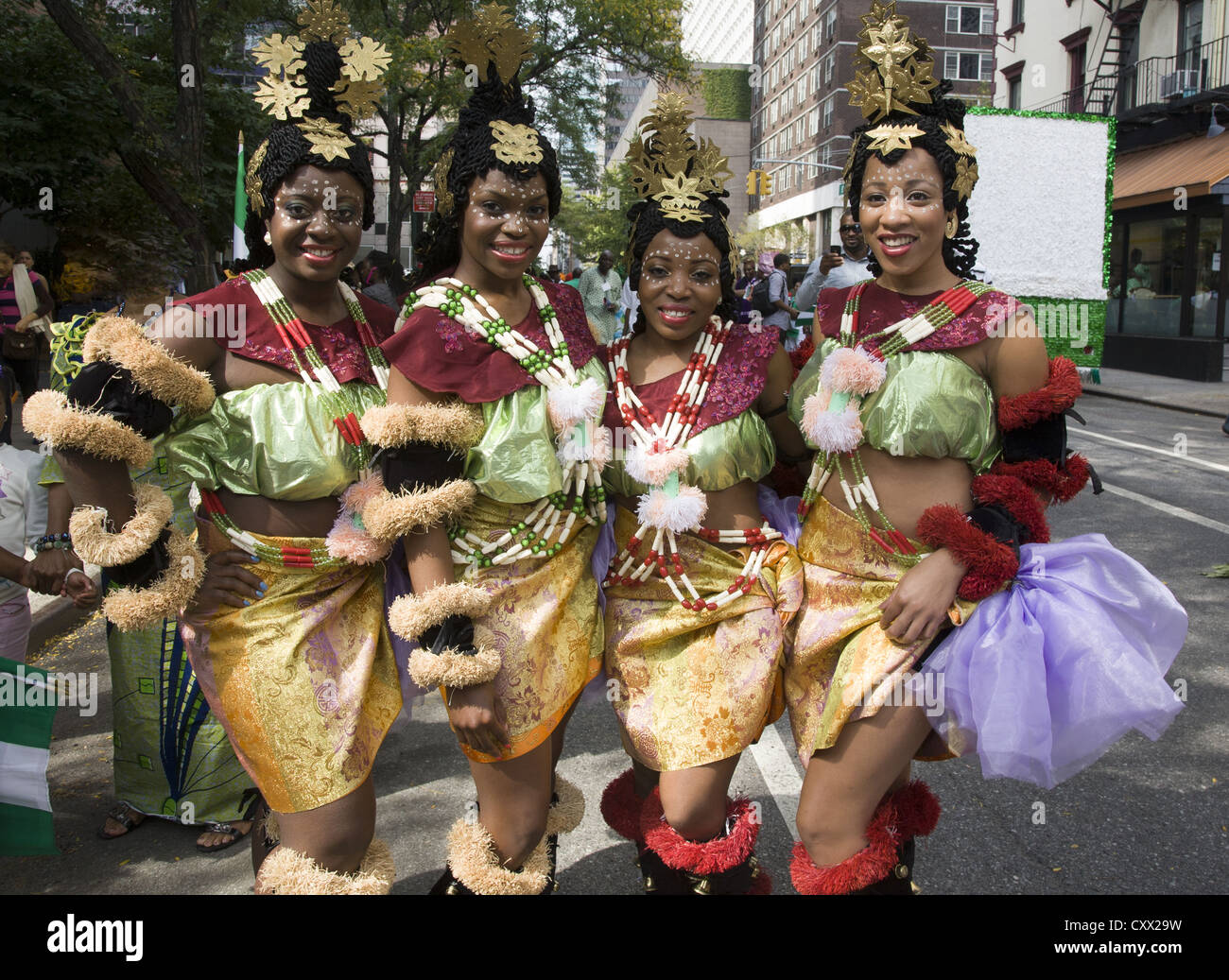I don't know if you guys have seen this but this discovery can change what we think we know about how and where "civillisation" started.
Culled from http://africaunchained.blogspot.com
For decades the world was made to believe that “Iron Age” started in Southwest Asia in the year 1500BC, but the discover of large slag block in Lejja proves beyond reasonable thought that iron smelting was done here as early as 2005BC (4005 BP, Before Present). With this record is showed that iron smelting a Lejja is 495 year older than that done in Asia, 1405 years older than China’s iron age, and 695 years younger than the Egyptians Pyramid.
Apparently west africans were smelting iron at a large scale around half a millennium earlier than the beginning of eurasia's iron age.
Culled from http://africaunchained.blogspot.com
For decades the world was made to believe that “Iron Age” started in Southwest Asia in the year 1500BC, but the discover of large slag block in Lejja proves beyond reasonable thought that iron smelting was done here as early as 2005BC (4005 BP, Before Present). With this record is showed that iron smelting a Lejja is 495 year older than that done in Asia, 1405 years older than China’s iron age, and 695 years younger than the Egyptians Pyramid.
Apparently west africans were smelting iron at a large scale around half a millennium earlier than the beginning of eurasia's iron age.



 Either the Nok are older than we think or they are a now extinct group similar to southern ethnic groups.
Either the Nok are older than we think or they are a now extinct group similar to southern ethnic groups.


